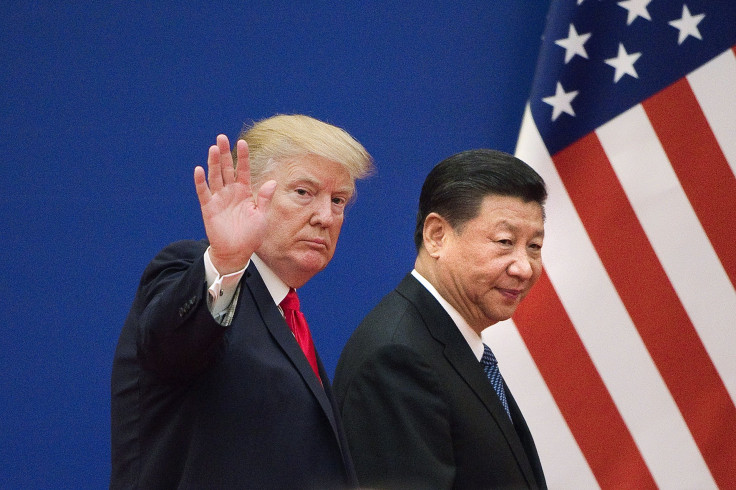Failed Trump, Xi G20 Meeting Could Signal Global Market Slowdown, Recession

Expectations are high on the upcoming meeting between U.S president Donald Trump and China president Xi Jimping in Japan during the G 20 summit.
A dismal outcome from the meeting could be damaging to markets and the world economy, according to experts.
Even a cease-fire in the trade war will be a relief to stock markets in terms of rally and bonds sell off.
But such peripheral celebrations will not diminish the damage to the global economy until a tariff-ending deal is struck, noted some economists.
Ahead of the Osaka dinner between Trump and Xi on Saturday, Trade representatives of both sides will meet.
A good number of Wall Street investors believe that the two leaders will agree for a truce and hold back new tariffs and expedite broader negotiations. However, rolling back of existing tariffs will be unlikely.
What makes Trump, Xi meeting so crucial?
Market professionals rate the meeting as crucial as it has the potential to affect the course of markets for the coming months; impact the direction of global economic growth, and can influence the stand of Federal Reserve and central banks in terms of recalibrating the monetary policy.
According to Peter Boockvar, chief investment strategist at Bleakley Advisory Group, “the odds are greater than we’re going to have a global recession if there’s no detente between the U.S. and China. With respect to G-20, I don’t think there will be anything negative, and it will probably be a ‘kumbaya’ moment.”
Survey shows mixed results
A survey by Bank of America Merrill Lynch on investors also found two-thirds believing no chance of a trade deal but they also expect no new tariffs.
A minority still expects the summit will fail.
According to the assessment of UBS economists, if the meeting fails and trade war escalates then the world will slip into a recession-like slowdown.
In a note, UBS global head of economic research Arend Kapteyn wrote: “If the trade war escalates we estimate global growth would be 75 basis points lower over the subsequent six quarters and that the contours would resemble a mild ‘global recession’ —similar in magnitude to the Eurozone crisis, the oil collapse in the mid-1980s and the ‘Tequila’ crisis of the 1990s.”
The US stand on China trade talks
Scott Kennedy, a U.S-China expert at the Center for Strategic and International Studies in Washington said: “At best we could see a superficial agreement to halt the further escalation of the trade war and an agreement to resume negotiations.”
Trump has already threatened to slap more tariffs on Chinese imports, worth $300bn including electronics.
Senior U.S. officials also confided that Trump’s stance is unchanged and he is “quite comfortable” if the outcome goes either way.
But Chinese vice commerce minister Wang Shouwen said on Monday that there is a need to meet “each other halfway … both sides need to compromise and make concessions, not just one side. Mutual respect means each side must respect the other’s sovereignty.”
Citigroup global economist Cesar Rojas also expects a “ceasefire with a handshake agreement” between Trump and Xi with the plan to strike a deal later this year.
In his view, Trump will drop his threatened 25 percent tariffs on the remaining $300 billion in Chinese goods.
If Trump and Xi agree to continue the talks it could stave off many issues but it will not be sufficient to check the spread of trade conflict’s impact, economists said.
The dip in consumer confidence in the U.S for June showed a fall to 121.5, that was 10 points lower than May and was a testimony how the trade war is affecting the consumer outlook.
© Copyright IBTimes 2025. All rights reserved.




















